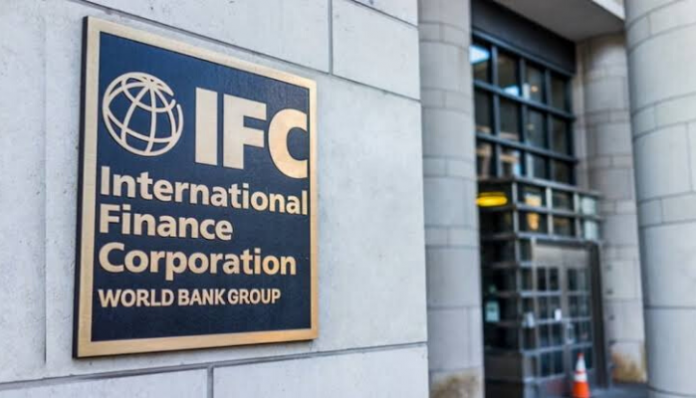The International Finance Corporation, a member of the World Bank has emphasised the importance of micro finance in the recovery of emerging and developing economies in the post COVID-19 era as it said close to half of its relief fund would be going to the poorest countries.
Chief operating officer of the IFC, Stephanie von Friedeburg, speaking during a webinar noted that 40 per cent of the $8 billion, around $3.2 billion which the IFC will be going to emerging and developing economies, adding that the corporation will be working with micro finance institutions in the disbursement to micro, small and medium enterprises.
The $8 billion support which the IFC is providing to private companies is to help sustain economies and preserve jobs during the global crisis, which will likely hit the poorest and most vulnerable countries the hardest.
She noted that focus will be on the healthcare industries to ensure that medical supplies that can be produced locally are produced and that vaccines are able to get to the most vulnerable on time. Friedeburg furthered that as MSMEs are the most hit in the present crisis, the IFC will be helping them with the needed funding to jumpstart the economies of countries.
According to her, microfinance institutions which cater to the need of MSMEs are already witnessing a spike in default rates in facilities given out to small businesses, with default rates rising by over 50 per cent over the past few months as economies shut down to reduce the spread of the virus.
On March 17, IFC’s Board approved $8 billion in fast-track financing to help companies affected by the outbreak. The IFC response is part of the World Bank Group’s $14 billion fast-track financing package.
With this financing, which is Phase 1 of IFC’s COVID-19 response, IFC will provide direct lending to existing clients affected by the outbreak, as well as support to financial institution partner clients so they can continue lending to businesses.
In a statement, IFC said it “stands ready to adapt and expand its approach, as necessary. Our experience from past shocks, including the global financial crisis in 2008, has taught us that keeping companies solvent is key to saving jobs and limiting the economic damage. Speed is of the essence.
“IFC’s response will use instruments for which its Executive Board has already delegated authority to management on the deployment of funds. At the same time, IFC will maintain its high standards of accountability.
“IFC management will approve projects based on credit, environmental and social governance and compliance criteria, as applied in past crisis responses. The package includes exposure limits by country and borrower,” IFC stated.


